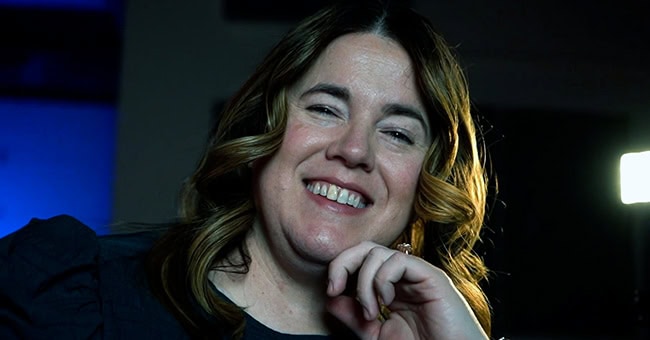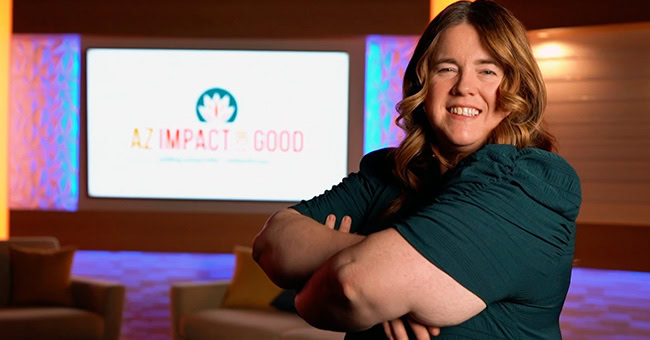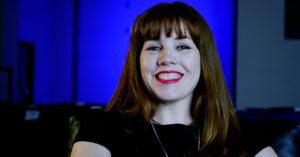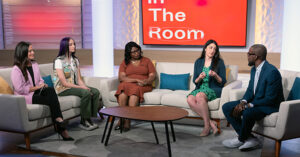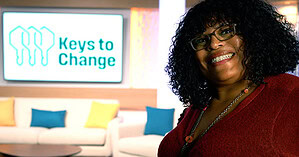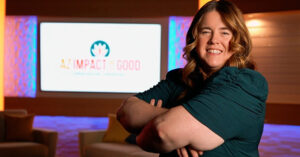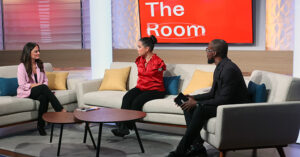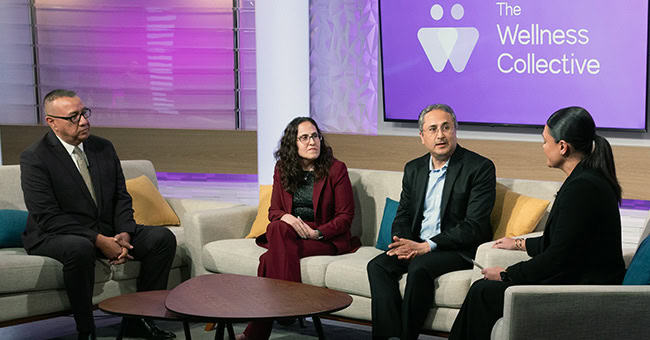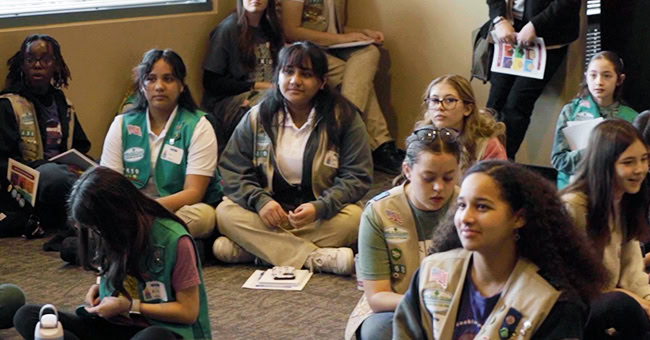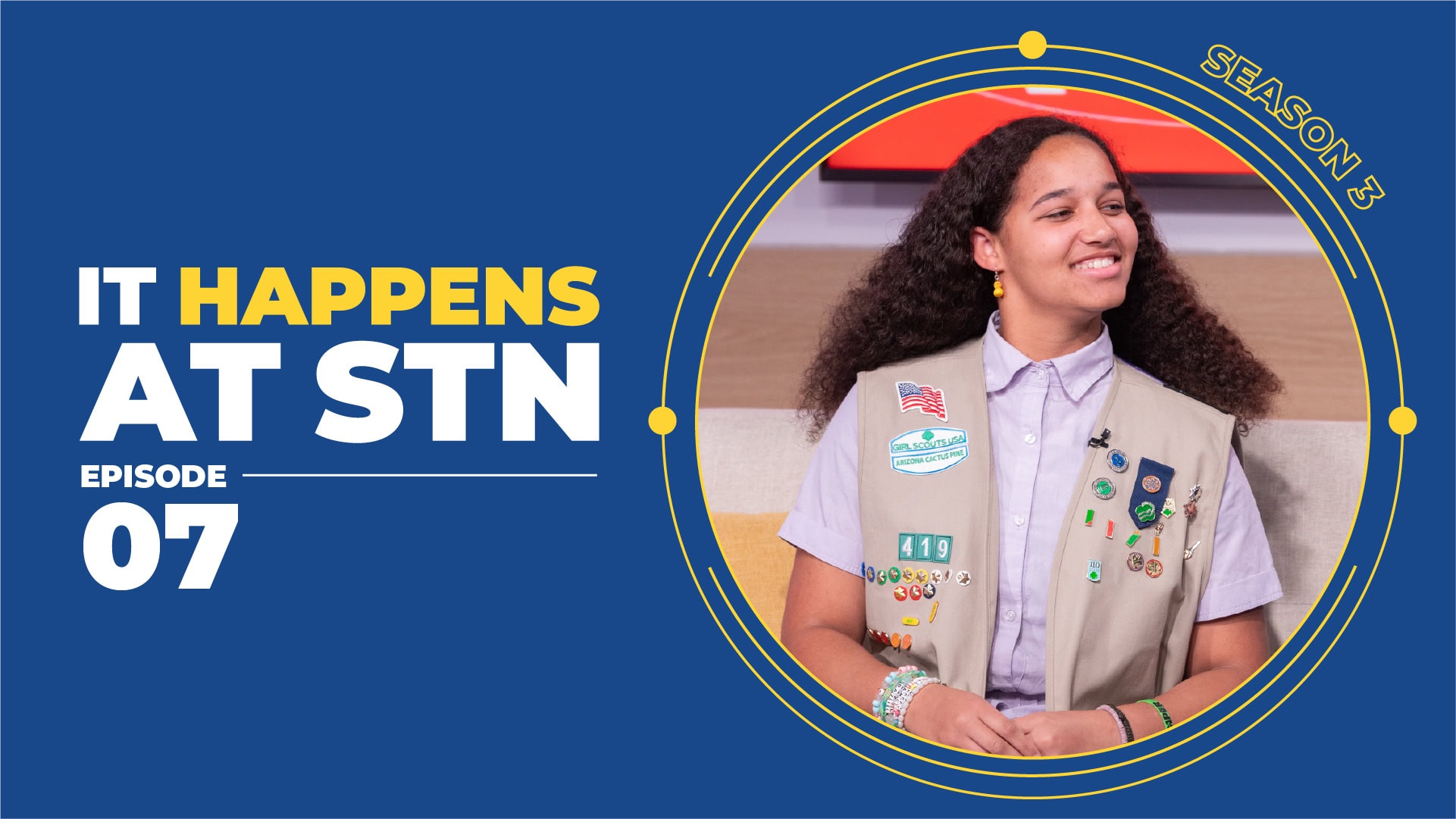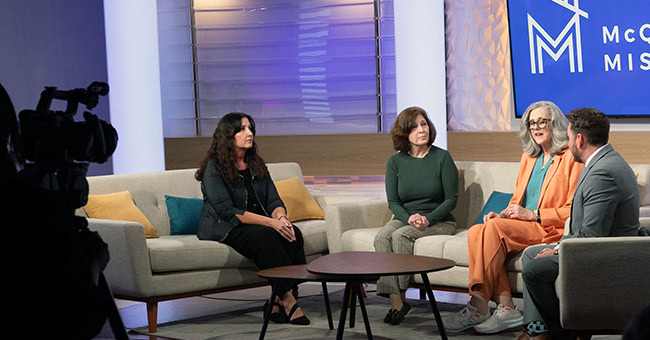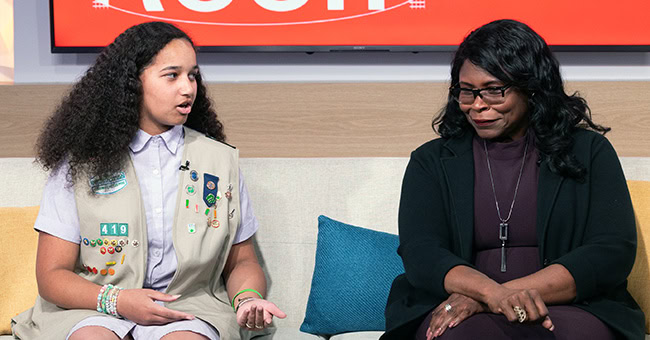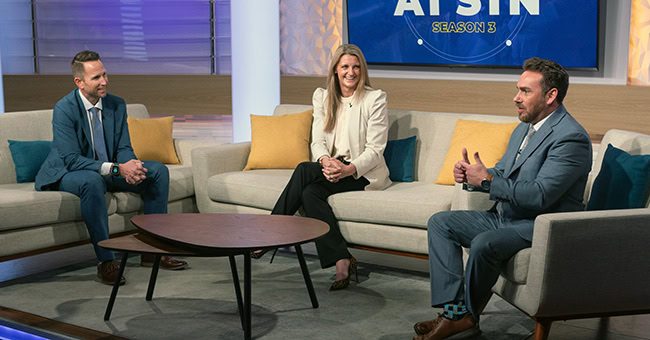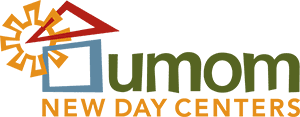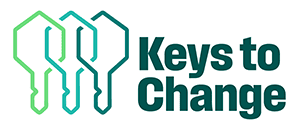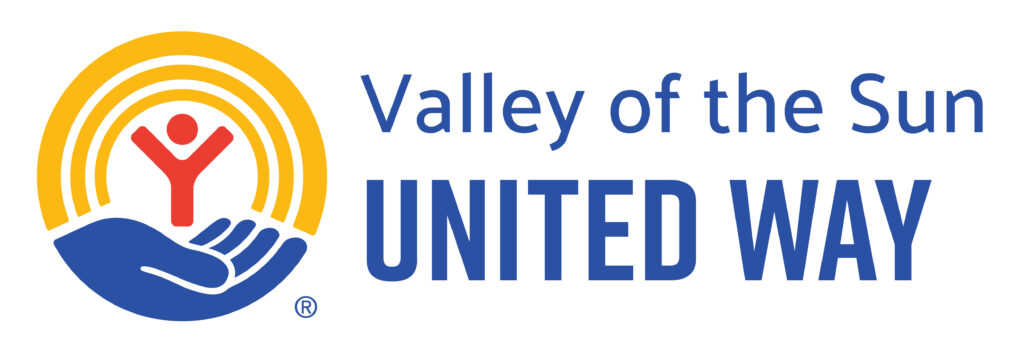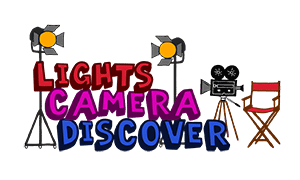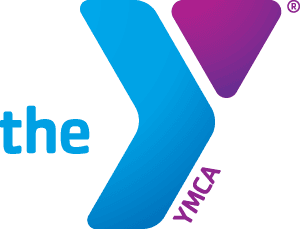PHOENIX (STN) – From the high school volleyball courts of Houston, Texas, to the CEO’s chair at AZ Impact for Good, Kristen Wilson has built a life centered on leadership and community service.
This fall, Wilson stopped by STN to discuss her professional journey—a path that stretched from the first time she wore high heels to work to her current role of building bridges between philanthropists and nonprofits in need of financial support.
In a wide-ranging conversation, Wilson shared why she considers herself a small-town girl at heart, despite growing up in a major metropolitan area. She also reflected on the lessons learned from playing high school sports that continue to guide her and emphasized the importance of trust as a cornerstone of community improvement.
Watch the video from the December episode of ‘It Happens at STN’ and read the exclusive, extended transcript of her interview below.
This transcript has been edited for clarity and consistency.
Kristen Wilson:
I’m Kristen Wilson. CEO at AZ Impact for Good.
STN:
You are the CEO at AZ Impact for Good, so obviously, you call Arizona home now. But, where are you from? Where does your story start?
KW:
I grew up in Houston, Texas. But my hometown is a little town in Indiana called Columbus. It’s about 45 minutes south of Indianapolis. I have a very small hometown feel but I grew up in the big city. My dad moved [to Houston] when there was the big construction boom. I won’t give you the year that tells you my age, but [I] enjoyed living in a big city and all the things that were afforded to me.
That’s where I went to school, started college, and started my adult years there. But then I moved to Phoenix, Arizona. I’ve been here 20-plus years. So, I consider Phoenix and Arizona my home now.
STN:
You mentioned living in a big city afforded you some things. What were some of your favorite highlights from growing up in a big city that, maybe, still impact you today?
KW:
Growing up in a big city was really all I knew. I came from very small roots in Columbus, Indiana. My family had a very different growing up than I did. I think that they wanted to give me everything that they didn’t have access to. I was able to go to a great school. They had me involved in volleyball, which was my heart’s passion. It still is. I can’t quite spike the way I used to, but I still enjoy playing. I got to be a part of high school sports and all the comradery. That’s where I started to learn leadership; on the volleyball court. That’s where I started to shine and loved being the captain and working with my teammates. [I] had a lot of opportunities growing up in Houston.
It’s interesting, coming to Phoenix [which] is a very similar size of city. I’ve always found Phoenix feels like the biggest little town ever. It feels much more interconnected than Houston did to me. I’ve really enjoyed building relationships in a different way here in Arizona than I think I would’ve been able to in Houston, even though they’re similar.
STN:
What about the experiences you’ve had, whether it be the high school sports you mentioned, or family, or something else later on that inspired you to be the person you are today? And, why?
KW:
I grew up thinking that I would be in finance and I still love finance. I tease all the time with my board and my team that I’m the financial nerd of any organization that I’m at. So, I started college thinking I wanted to be a CPA or to be in banking. Sometimes those things change as you start your career.
What opened my eyes to community service and the things that I still do was having my first professional job here in Phoenix. For me [that] meant I got to wear high heels and park in a parking garage. I thought that was very cool. I started working at the Greater Phoenix Chamber of Commerce as a young professional who honestly did not know what a chamber of commerce was. I knew that it was a great position, it gave me opportunity. That’s where I really fell in love with getting to work with so many different community members, and understanding how everyone has a role to play in making Arizona a great place.
We all love to live, work, and play. I got to meet so many entrepreneurs and everything I did was different from day to day. That’s what opened my eyes to the sector that I’m in now and the work that I’ve done for the entirety of my career.
STN:
We like to talk a lot about that one person who has been inspirational or that one scenario that has been pivotal to your growth as a leader. Who or what is that for you?
KW:
As a young professional, sometimes it’s hard to find a great mentor. I was able to be fortunate to have some really strong female leaders in my life who were willing to take me under their wing. I think about some of my first bosses at the Phoenix Chamber, and through other leadership roles [where]my CEOs were willing to take me under their wings and teach me. I learned so much. That has carried me forward where I want to be a mentor. I’ve been involved in mentoring programs both structured and informal. That really makes my heart soar. I love investing in others because I had the fortunate opportunity for other female leaders, specifically, to invest in me.
STN:
As you’re finding purpose in community efforts and building the community around you, what drives your passion for social transformation?
KW:
Arizona is my home and is the place where I started my career. This is where I started building relationships and seeing, early on, what the impact was for community organizations. Whether that was on the entrepreneurial small business side or whether it was my time working at the ASU Foundation and seeing the investment into the state education system. Now in my role serving the nonprofit and philanthropic sector, I’ve realized that it takes all of us to make Arizona great and to make this a place we are proud to call home.
It also takes all of those sectors working together to address the systemic issues we face in Arizona, whether that’s homelessness, whether it’s shelter, whether it’s food, whether it’s animal welfare, or [the] environment. It takes all of those sectors working collaboratively together.
I have seen myself evolve into a bridge between the sectors because I have relationships and experience that span across all those different areas.
STN:
We’ve heard a little bit about your background, your origin story, and your purpose and passion.
Can you share a little bit about the mission of AZ Impact for Good? Tell us about the work you do.
KW:
The mission of AZ Impact for Good is to transform Arizona by leading collaboration between the nonprofit and philanthropic sectors. You can see why I’m very happy to be where I am because it brings together everything that I’ve tried to do throughout my career.
AZ Impact for Good is a new organization. We were created as the result of a merger between the organization serving the charitable nonprofit sector and the association, serving the grant-making and philanthropic sectors. We saw an opportunity to take the relationship between those who have the funds and those who need the funds from a transactional relationship to a transformational relationship where funders, grantmakers, and nonprofit organizations, can sit around the same table under the same roof as equal partners, knowing that they both have critically important but unique roles to play solving those major issues Arizonans are facing.
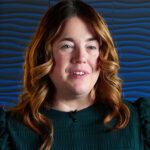
“I was fortunate to have some really strong female leaders in my life who were willing to take me under their wing.”
Kristen Wilson
AZ Impact for Good was born to transform Arizona. It’s a big job and we’re at the very beginning of it. But what’s great about this community, again, is that there are so many people who have served or worked at a nonprofit and now they have their own business, or they worked for a grant-making organization and were philanthropists, and now they are working at a charitable nonprofit, or volunteering or serving on a board. It’s primed for that and it’s great to be able to lead that collaboration forward under AZ Impact for Good.
STN:
So, you have a lot of experience building these relationships between these groups. What strengths do you rely on to do that? And, what have you learned about how to best connect with people?
KW:
Yeah. Relationships for me have always been one of my strongest areas. My strengths are being authentic and being vulnerable. That’s the same no matter what sector [I’m] in. If I can connect to you as an individual and you’re a person, you’re a human being who has the same struggles that most of us do and we can connect on a personal level, then we’re going to be much stronger partners because we understand each other and where we’re coming from.
STN:
When it comes to collaborating with other leaders and community changemakers, what do you look for?
KW:
It starts with trust. If we’re able to trust each other and know that all of us have the same common mission and goal to make Arizona better. We may come at that from different angles. We may have different priorities. But if we can trust that we’re all in it for the same reason of a common mission, vision, and goals for Arizona [that] allows us to put aside our differences and get down to what we really need to do together.
Sometimes that includes funding. Sometimes it doesn’t. Sometimes it’s just collaboration. It’s coming together around that same table as equal partners, [and] removing the power dynamics that can sometimes exist.
I love being in the middle of all that, and that’s what AZ Impact for Good does as well.
STN:
Speaking of that level of trust, you have a relationship with Bank of America. Can you talk about the impact that has had on you and your organization?
KW:
We always look for examples of trust-based philanthropy. We have quite a few grantmakers and corporate philanthropists that do this really well. We have Bank of America which has representation on our board and carries out that trust-based philanthropy through programs like their neighborhood builders program. They’re unrestricted grants. They’re general operating [grants]. That’s trust-based philanthropy saying, “We believe in your mission and here’s funds to do with it as you need to do because [the] community needs change.”
Those nonprofit and community organizations are on the ground level. They know what needs to happen. We want to see more of that happen. There are so many great examples of other organizations that are also stepping into that trust-based philanthropy arena.
STN:
When it comes to the first steps of building a relationship like that, how do you like to be approached for partnership, collaboration, and opportunities?
KW:
I love meeting new people. I love building relationships. I’ve always teased that I’m the least CEO/COO that you’ll ever meet because when I say my door is open, my inbox is open, or my voice mailbox, however you like to communicate, I want to hear from you.
When we’re able to have a conversation and I can get to know you as a person and you can get to know me, I want to connect. From there is where the magic happens. We learn about our common, shared goals.
So reach out to me however you want to. Facebook message me, whatever works for you. I would love to hear from you and build a relationship with you so that we can work together to make Arizona great.
STN:
Here we are near the end of our interview, and near the end of the year. Is there anything else you would like to add?
KW:
I know that charitable giving is on a lot of minds, whether you’re in corporate philanthropy, you’re just a donor, or you’re what I call your normal human being who wants to support their community, a lot of folks are looking for nonprofit organizations to make a gift to at the end of the year.
One thing that a lot of folks don’t know is AZ Impact for Good also operates Arizona Gives Day which is not just one day in April, you can give all year long on. Visit azgives.org where you can search for your favorite nonprofits that have all been vetted. You can find ones to give a tax credit donation to. I know a lot of folks think about that at the end of the year.
So, find a nonprofit you love, or give to one for the first time. You can even sign up to volunteer with that organization. I would encourage any of our budding philanthropists to consider giving to a nonprofit that really needs that support.
